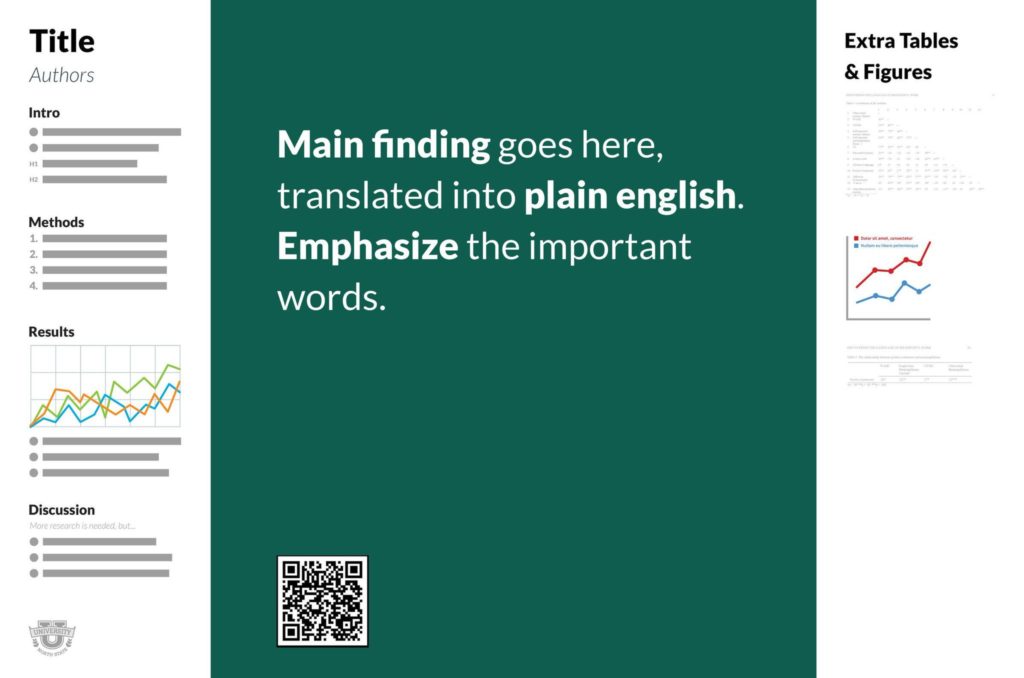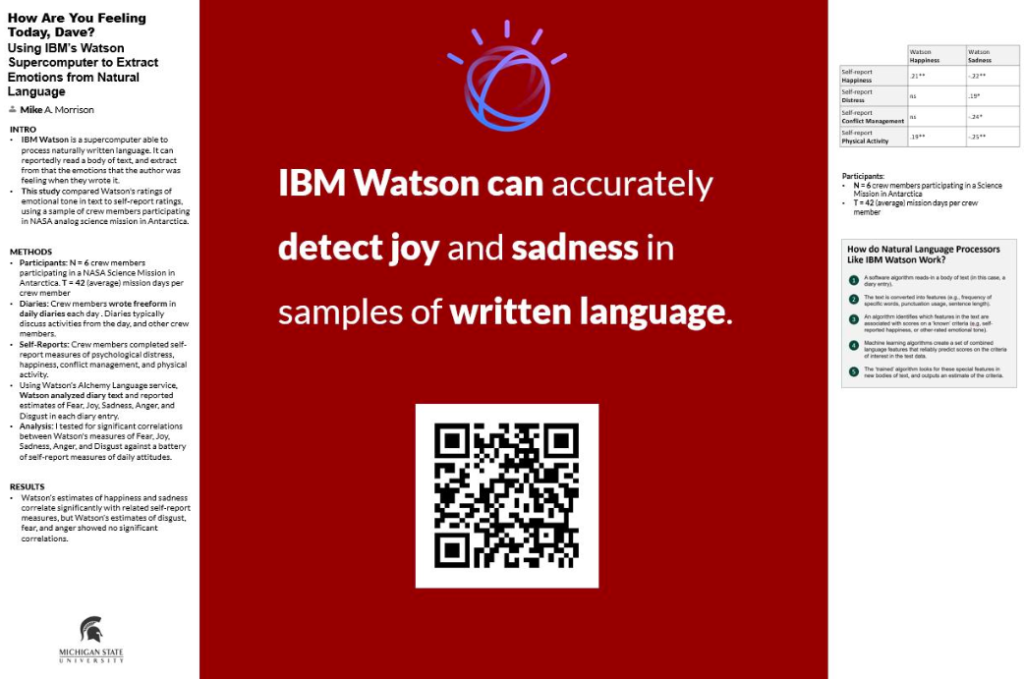
Guest post by Jeff Mosenkis of Innovations for Poverty Action
- First, he’s back! David Evans, ensconced in his new digs at the Center for Global Development, brings us a roundup of over 275 papers from the Center for the Study of African Economies (CSAE) conference, in a fancy new expandable format indexed by topic. (Honestly it’s probably better than going to the conference to have someone review all those papers and give you the Cliffs Notes).
- A fantastic photo essay about Kenyan photographer Brian Otieno, from the poor neighborhood Kibera, who takes photos that contrast the typical ones we’re used to. His are about the everyday joy and fun in lives of residents there. You can follow Otieno’s Kibera Stories project on his website, twitter, Instagram and Facebook. (And if you like that, check out Everyday Africa on Instagram).
- I’ve been surprised (I guess that’s not the right word, but you know what I mean) about the lack of coverage of Cyclone Idai which has flooded large parts of Malawi, Mozambique, and Zimbabwe. Here’s an explanation of why it was so devastating, and as expected, cholera is starting to spread.
- It reminded me of this study, which looked U.S. media coverage of disasters abroad, and how it influenced U.S. responses (for 5,000 disasters from 1968-2002). First, it found that more dramatic disaster deaths got coverage more easily – it took one death from a volcano to make the news, two from an earthquake, and 38,920 if from hunger. And, U.S. officials were less likely to declare a disaster if other things were in the news, like an Olympics.
- ICYMI this video has been tearing up the academic conversations. Psych PhD student Mike Morrison thought about how to redesign conference posters changing the starting point from mini-article on a wall, and using usability psychology to find a design that makes it easy for passersby to quickly get the message and decide if they want to stop and learn more. Here it is: Punchline in plain English in the middle in big type, supporting tables on the right, basics of the study (original poster content), bullet pointed on the left, with a QR code (just a link shortener that you can google to easily make). People can then photograph the QR code on any phone to get the link to the full paper.

- Here’s an actual example converted from traditional “wall of text” format to a new one

- It’s been a while since we had a podcast roundup, some great ones from the last few months I’ve stumbled across:
- Planet Money did a great 3 parter (I know, sounds like a commitment, but it’s good), on anti-trust law – how do we decide as a group when bigger companies are good for the economy and when too big is bad? There’s an interesting history, first involving Standard Oil. The second episode to me was the most interesting, on how one law student, who took some classes in the University of Chicago econ dept, caused a virtual halt to anti-trust enforcement. And finally, what happens when tech giants like Amazon sell products and also control the marketplace for other sellers?
- On the Financial Times Alphachat, Leah Platt Boustan of Princeton, and Margaret Peters of UCLA (Apple, or find Alphachat in your podcast app ) give a historical overview of immigration to the U.S. (and Europe a bit), and go into the findings on job competition between native and immigrant workers. A really good primer if you want to get some rational and data-based insights into the debate.
- Alice Evans with the Harvard Center for International Development talking about how the workers who make our clothes in Vietnam and Bangladesh may or may not be treated depending on what factory owners and politicians think might happen in global politics.
- And for something fun, the podcast Good One takes a good joke and sits down with the comedian to understand how they came up with it. (It’s worth listening to the recent Gary Gulman one just for the great Trader Joe’s story they play before discussing, and definitely google for his state abbreviation bit if you haven’t seen it. The Good Place writers panel was great too if you watch the show. And if you don’t, have I got a recommendation for you!)
- Scott Cunningham put out a call for advice on teaching the secrets of RCT methods and people responded with readings, syllabi, and other suggestions. A good thread to bookmark if you think you ever might be teaching it.
